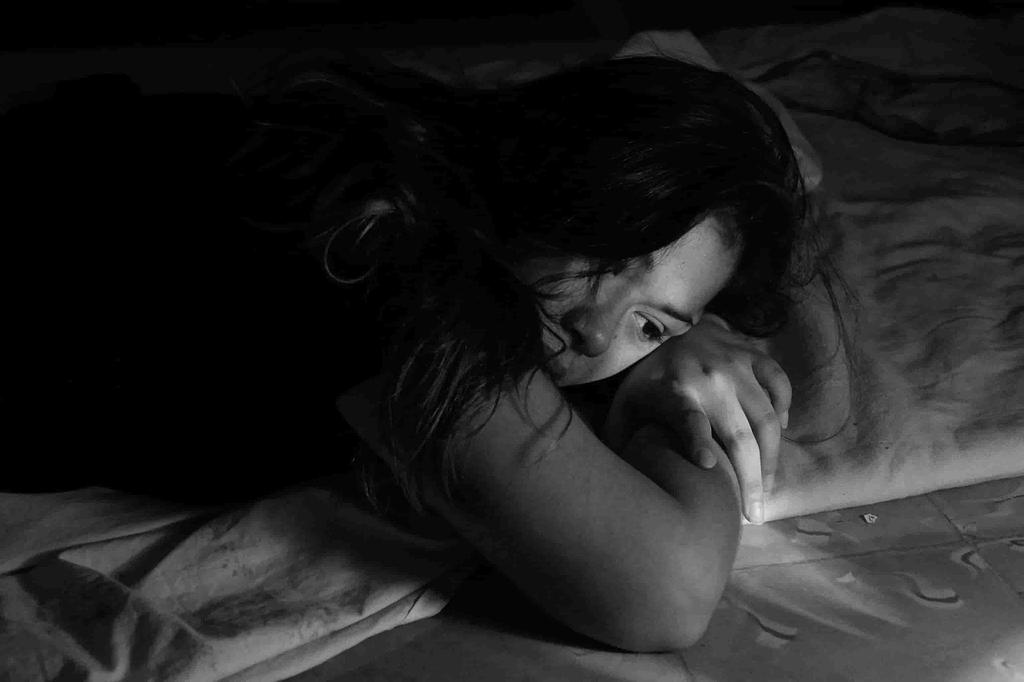Navigating Misconceptions Surrounding Psychotic Breakdowns
Mariella Arceo
Mar 02, 2024

Misconception 1: Psychosis Equals Violence
One prevalent misconception is the association of psychosis with violence. Media depictions often sensationalize psychotic episodes, portraying individuals as dangerous and unpredictable. However, research consistently shows that people experiencing psychosis are more likely to be victims of violence than perpetrators. Understanding this disconnect is crucial in combating stigma and promoting empathy towards those experiencing psychosis.
Misconception 2: Personal Weakness as a Cause
Another misconception is the belief that psychotic breakdowns stem from personal weakness or character flaws. This harmful notion places blame on individuals for their condition, perpetuating self-stigma and discouraging help-seeking behavior. In reality, psychosis results from a complex interplay of genetic, biological, and environmental factors, and attributing it to personal weakness only exacerbates stigma.
Misconception 3: Untreatable and Irreversible
There is a widespread belief that psychotic breakdowns are untreatable or irreversible. While psychosis can indeed be severe, effective treatments such as medication, therapy, and support services exist. Early intervention and ongoing support can significantly improve outcomes for individuals experiencing psychosis, emphasizing the importance of accessible mental health care and destigmatizing attitudes towards seeking help.
Misconception 4: Uniform Manifestation of Symptoms
Many people incorrectly assume that all psychotic breakdowns manifest in the same way. In reality, psychotic experiences vary widely among individuals, encompassing hallucinations, delusions, disorganized thinking, and other symptoms. Recognizing this diversity is essential in providing personalized and effective support for those affected by psychosis.
Misconception 5: Rare Occurrences
Contrary to popular belief, psychotic breakdowns are not rare occurrences. Psychosis affects millions of individuals worldwide, yet stigma and misinformation often prevent individuals from seeking help or accessing appropriate care. This highlights the urgent need for education and awareness surrounding mental health issues, as well as the creation of supportive communities where individuals feel empowered to seek help without fear of judgment.

Dispelling misconceptions surrounding psychotic breakdowns is essential in fostering empathy, understanding, and support for those affected. By challenging stereotypes and promoting accurate information, we can create inclusive and compassionate environments where individuals experiencing psychosis feel validated and supported in seeking help and receiving the care they deserve.